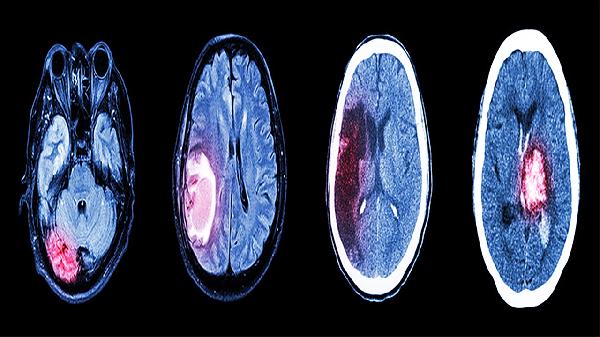Many people aspire to a lifestyle where they can wake up naturally, but scientific research has shown that sleeping too long can be quite harmful to one's health. Studies have found that people who sleep 6 to 7 hours a day have a much lower mortality rate compared to those who sleep more than 8 hours or less than 4 hours, especially those who sleep around 7 hours, as they can maintain sharp memory and a clear mind.

So, what are the specific harms of sleeping too long?
First, sleeping too long increases the risk of stroke and diabetes.
Data indicates that people who sleep more than 9 hours a day have a 70% higher risk of stroke compared to those who sleep 7 hours. Sleep duration is an independent factor that increases the risk of stroke. Sleeping too long keeps blood flow at a very slow rate and increases blood viscosity, making it easier to trigger various vascular diseases, thereby increasing the likelihood of stroke.
Second, sleeping too long makes respiratory, heart, and digestive diseases more likely to occur.
The air in the bedroom in the morning is the most polluted, with insufficient air circulation. The content of bacteria, viruses, carbon dioxide, and dust in the air is much higher than at other times. Sleeping in such an environment can easily induce a series of respiratory diseases. Additionally, many people might sleep through breakfast time, which can easily cause a series of digestive system diseases due to hunger.
Third, excessive sleep can affect mental state and intelligence.
Modern people indeed face significant work pressure and are very tired every day. They might take a shower and go to bed as soon as they get home, and if they have a day off the next day, they might sleep until the afternoon. Many people think that simply sleeping more can eliminate fatigue. However, in fact, merely increasing sleep time does not lead to health. People who sleep too long naturally become lazy, and prolonged mental fog can severely affect intelligence and memory.
Fourth, excessive sleep can also impact the body's bones, making orthopedic diseases like osteoporosis more likely to occur.
Experts believe that for adults, 6 to 8 hours is the standard required sleep time, neither too much nor too little. Elderly people generally need only five to six hours, while teenagers can appropriately add one or two hours.
No matter how tired people are each day, the rest time needed by their body and brain is actually similar. The reason some people can sleep for a long time after a very tiring job is actually due to their subconscious mind. People should maintain a healthy sleep pattern rather than sleeping for an entire day.
























